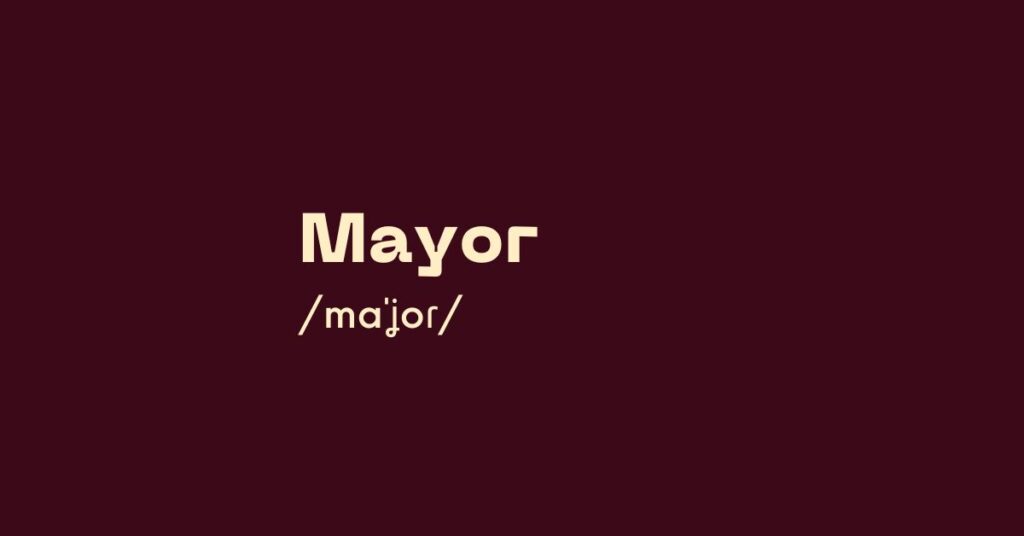Today’s Spanish word of the day is “mayor”.
It’s an adjective meaning “bigger/greater” when referring to things or places, and “older” when referring to people.
When combined with a definite article (el, la or lo), it means “the biggest” or “the greatest”, for example:
- Lo mayor que he visto en mi vida es este monumento. – The greatest thing I have seen in my life is this monument.
It can also be used as a masculine plural noun (“los mayores”), to refer to your elders or adults in general, for example:
- Es importante respetar a tus mayores. – It’s important to respect your elders.
The word “mayor” comes from Latin maior meaning “greater”, which is also the root of the English words “mayor” and “major”.
Latin maior is also the root of the English word “majority”, and its Spanish equivalent, “mayoría”.
Example sentences
Mi hermano mayor tiene 40 años.
My older brother is 40 years old.
La ciudad es la mayor de la región.
The city is the largest in the region.
La mayor parte del trabajo ya está hecha.
The majority of the work is already done.
La seguridad es nuestra mayor preocupación.
Safety is our main concern.
Los mayores de la comunidad se reúnen cada semana.
The adults in the community meet every week.
Common phrases using the word “mayor”
Here are some common phrases using the word “mayor”:
Mayor de edad
- Literal translation: Greater of age.
- Meaning: Of legal age.
- Example: Se requiere ser mayor de edad para votar. – You must be of legal age to vote.
Mayor parte
- Literal translation: Greater part.
- Meaning: Most part.
- Example: En su mayor parte, el libro está bien escrito. – For the most part, the book is well written.
Plaza mayor
- Literal translation: Greater square.
- Meaning: Main square.
- Example: La plaza mayor es el centro de la ciudad. – The main square is the center of the city.

